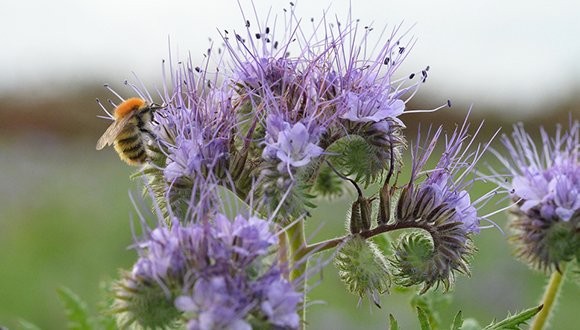Evolution
Evolution constitutes a process, a scientific theory and a field of research that encompass the entire biological world. The process of evolution, currently undisputed, is expressed in the changes that take place from generation to generation in the characteristics and prevalence of genes in a population. Based on this process, and on the great similarity among all living creatures, the theory of evolution posits that the origin of every species in nature (including those that since become extinct) lies in a common ancestor from which all life then diversified by means of two complementary processes: natural selection (survival and reproduction of the fittest); and genetic mutation (random and unavoidable changes in gene prevalence in the absence of natural selection functioning to prevent this).
The theory of evolution stands today at the basis of modern biology, and thus also at the basis of many fields of research in the School, such as ecology, zoology and behaviour. Modern research in evolution engages with understanding the more complex mechanisms of the process (e.g. epigenetic inheritance, genetic conflict, selection levels, the evolution of social cooperation, sexual reproduction, co-evolution and specificity), and is also at the forefront of research in the fields of physics, chemistry and computer sciences.
Researchers in this field:


